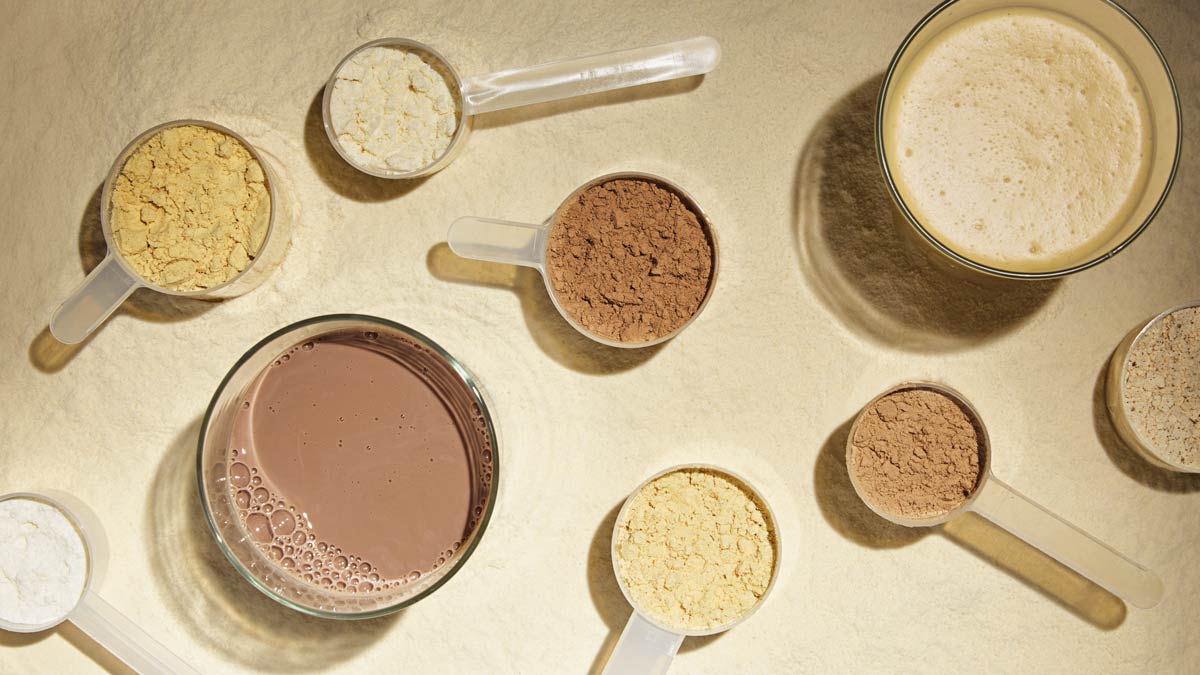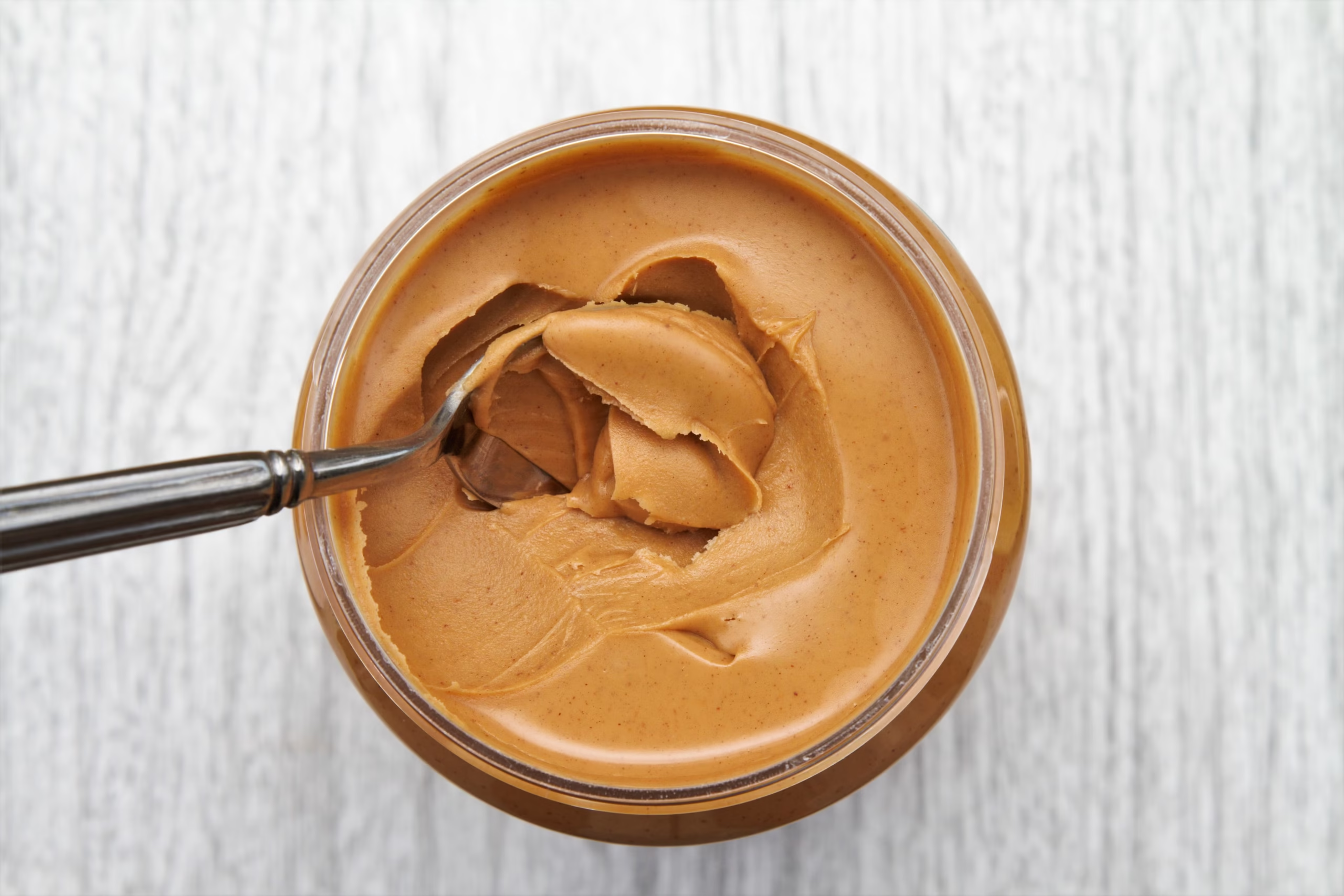Meta Description:
A new Consumer Reports investigation reveals toxic levels of lead and heavy metals in popular protein powders and shakes. Learn which types are most contaminated and how to choose safer options for your daily protein intake.
Protein shakes and powders have become a go-to supplement for fitness enthusiasts and everyday consumers. But according to a new Consumer Reports investigation, what’s inside your favorite protein blend may not be as healthy as you think. The report found toxic levels of heavy metals — especially lead — in many popular protein supplements, raising serious concerns about long-term health risks.
What the Study Found
Consumer Reports tested 23 top-selling protein supplements, including dairy, beef, and plant-based powders. Shockingly, more than two-thirds contained more lead in a single serving than experts consider safe for an entire day. Some products exceeded safe limits by over ten times.
Two plant-based brands — Naked Nutrition’s Mass Gainer and Huel’s Black Edition — had the highest lead content, with 7.7 and 6.3 micrograms per serving, respectively. These levels are over 1,000% above the recommended safety threshold of 0.5 micrograms per day.
Experts warn that no level of lead exposure is safe, as even small amounts can accumulate over time, leading to severe health issues like kidney problems, high blood pressure, and neurological damage.
Plant-Based vs. Dairy Protein: Which Is Safer?
The investigation revealed a striking difference between protein sources. Plant-based powders contained nine times more lead on average than whey-based proteins and twice as much as beef-based powders. This contamination often comes from soil and water pollution, as plants absorb heavy metals naturally during growth.
| Protein Type | Average Lead Content | Relative Safety Level |
|---|---|---|
| Plant-based | 9x higher than whey | High risk |
| Beef-based | 2x higher than whey | Moderate risk |
| Whey (dairy) | Lowest overall | Safer option |
Why Is There No Regulation Yet?

Despite these alarming findings, the FDA does not regulate protein supplements before they hit store shelves. Manufacturers are responsible for their own safety testing and labeling, which means consumers have little protection against contamination.
Consumer Reports is urging the FDA to set firm limits on heavy metals in supplements and to conduct more frequent testing. Until such standards are enforced, buyers must stay vigilant.
How to Protect Yourself
If you use protein supplements daily, consider the following tips:
- Check independent lab tests from trusted reviewers.
- Limit daily intake to avoid metal buildup in your body.
- Rotate between food-based protein sources, such as eggs, lentils, and yogurt.
- Choose whey-based options, which tend to have lower contamination.
Remember, the Recommended Dietary Allowance (RDA) for protein is 0.8 grams per kilogram of body weight. Most adults already consume enough protein through food alone — meaning you may not need supplements at all.
Final Thoughts
While not all protein powders are dangerous, the new findings highlight a growing concern in the supplement industry. Without federal oversight, consumers must be their own health advocates. Choose reputable brands, moderate your intake, and prioritize whole-food protein sources whenever possible.



